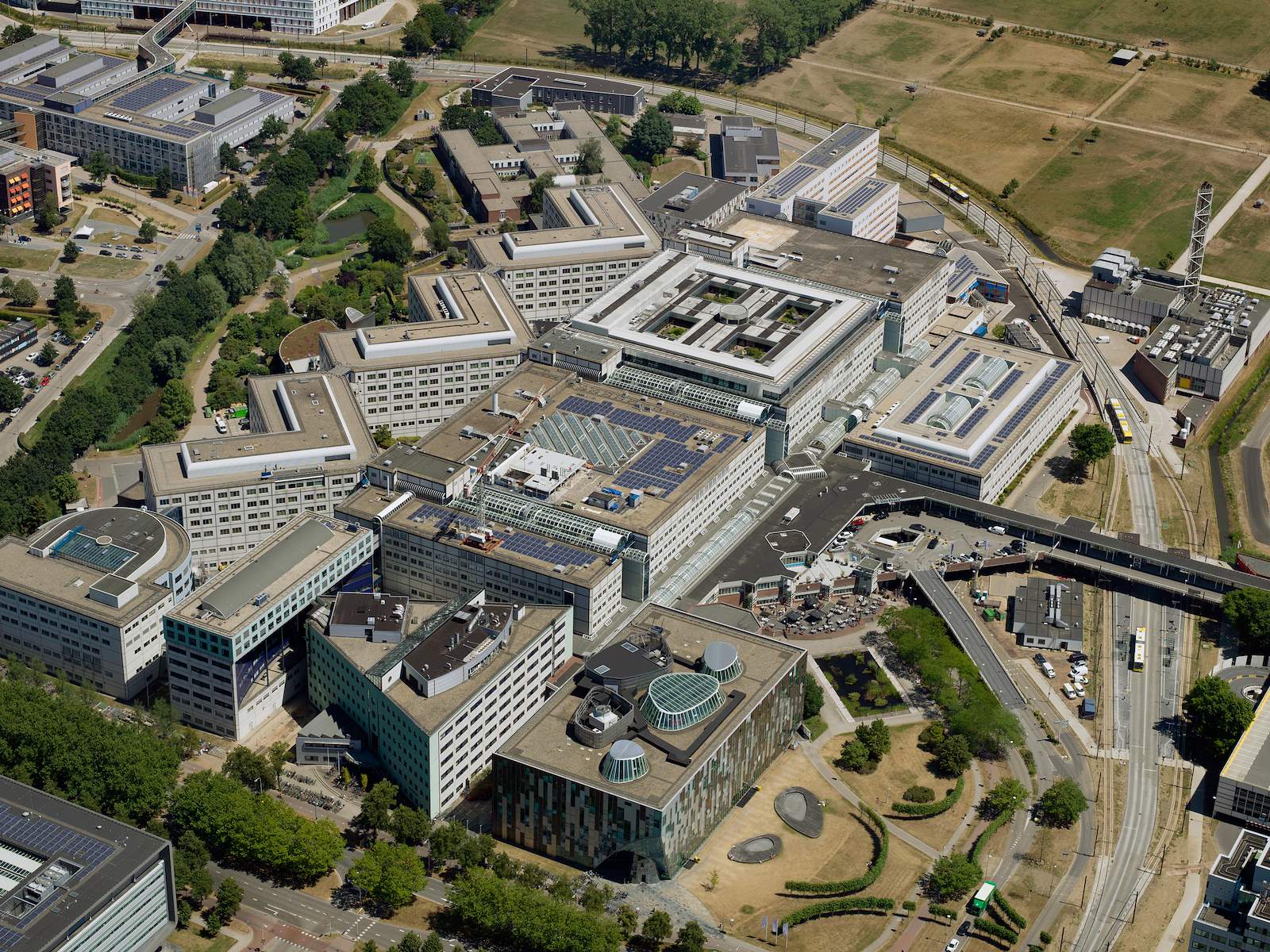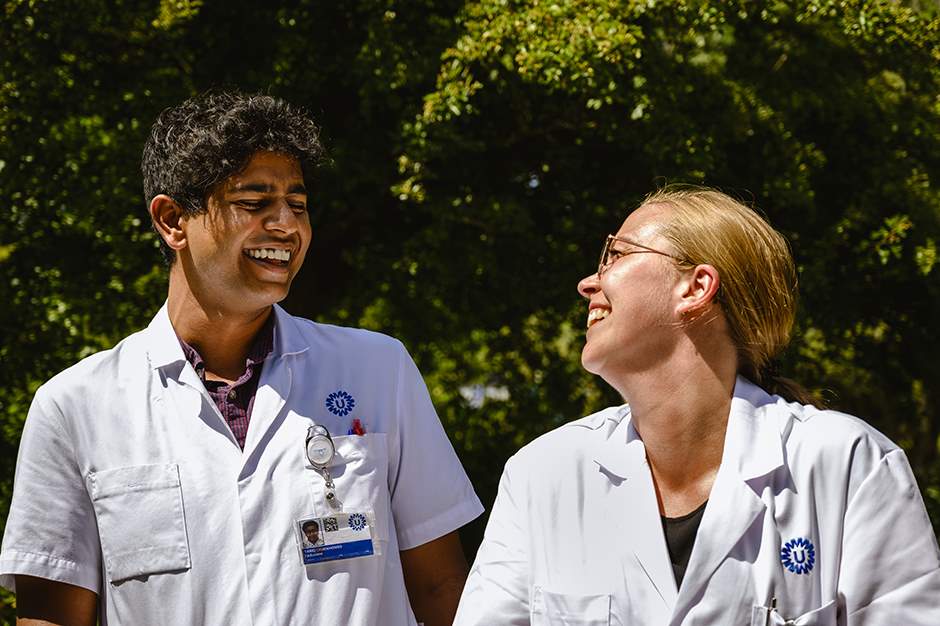The world around us
Society expects from UMCs in the Netherlands to innovate to the maximum and to address topical healthcare issues through qualitative care and prevention. And to do this to the maximum and fast, at acceptable costs and in a sustainable way. COVID-19 has made this social responsibility even more visible.

In the Netherlands, as in many other Western European countries, aging of the population is a growing concern, and along with it, the increasing demand for care. In addition, there is a scarcity of staff, and the availability of healthcare professionals is bound to decrease rather than increase in the coming years. This growing demand for healthcare, the accompanying costs and labor shortage are putting pressure on the accessibility and affordability of care. We are also aware that climate change has a considerable impact on our health. Sustainability will have to be a part of all our actions in healthcare, research and education.
To guide the way in which we take on these challenges in healthcare, an Integral Healthcare Agreement or Integral Zorgakkoord (IZA) was signed in September 2022, and in November, the Green Deal for Sustainable Care 3.0. As an academic hospital, we play an important role in this by combining research, education and care to create the healthcare of tomorrow. For this, cooperation between regional, national and international networks is an important key to success. It allows us to learn from others, organize healthcare in the right place, and apply new innovations across a wide spectrum.
With the healthcare of Tomorrow movement we are meeting the challenges of the world around us.
The healthcare of tomorrow
A lot is happening in the worlds of our patients , colleagues and students. But also in the worlds of our partners. That is exactly why we believe in Connecting Worlds, because every human being counts. In 2022, based on our strategy, we started the ‘healthcare of tomorrow’ movement in multidisciplinary teams and in cooperation with patients to take on this challenge. Within this movement, we are working along two tracks:

The first track is about ‘what’ and will help us to do the right things. With this track we look at which patients (more/less) belong with us and how me can make room for this. This is about specialized and third-line care as opposed to first- and second-line care. We must make informed choices and determine what should be done differently. Hereby we make room for patients who need the distinctive care of UMC Utrecht. In 2022 we did a test implementation in the Surgical Specialties division with an approach to this question. We are continuing with this at UMC Utrecht in 2023.
The second track is about ‘how’ we should do these things in a proper way. We want to cooperate even more effectively with each other and with our partners, introduce innovations even faster, and spend even more time on healthcare, education and research. To do this, we must make our processes more people-oriented, digital and uniform. We apply our vision to processes, organization, IT and accommodation. In this way we can jointly increase the quality of healthcare, research and education, as well as job satisfaction at UMC Utrecht.